
Passive protection key to successful IBD (Gumboro) control in breeders, broilers
By Don Ritter, DVM
Poultry Business Solutions LLC
Norfolk, Virginia

By Don Ritter, DVM
Poultry Business Solutions LLC
Norfolk, Virginia
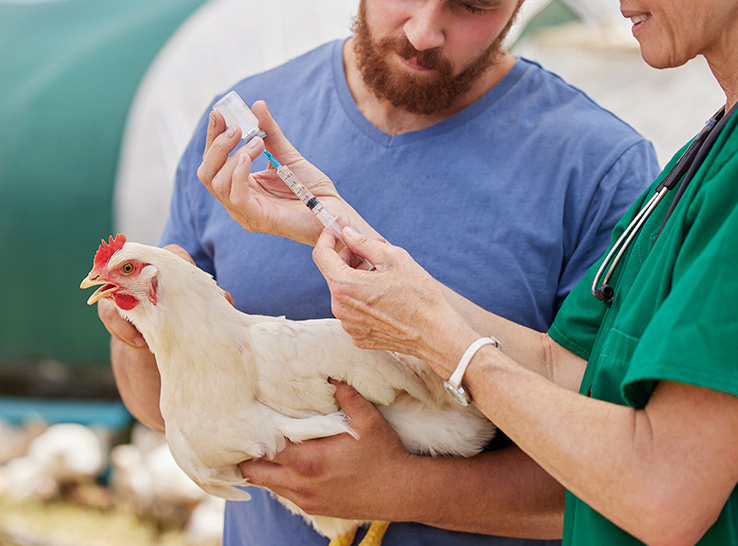
The National Chicken Council recently developed a Q&A on vaccines to help veterinarians, producers and others involved in live production educate their families, friends and communities about their usage in poultry production.
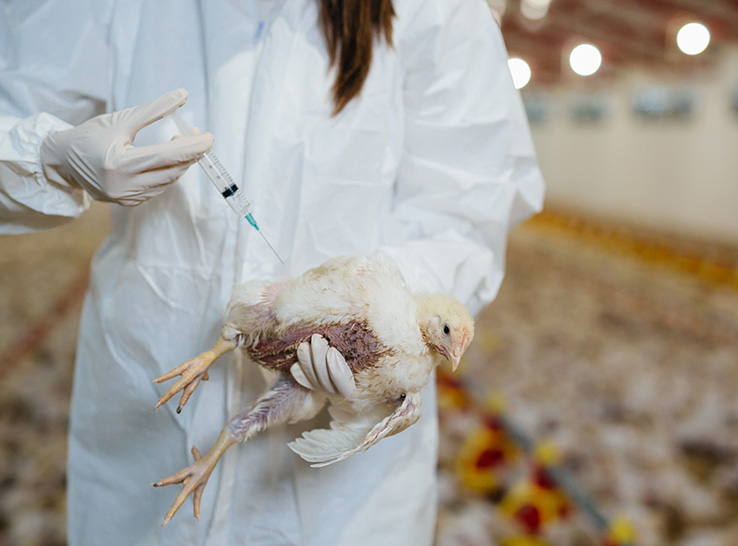
Vaccination is key to managing fowl cholera in poultry. For a program to be successful, however, it’s critical to train vaccination crews to monitor vaccine “takes” or major cutaneous reactions within a flock — no easy task with today’s employee shortages and rotating vaccination crews.
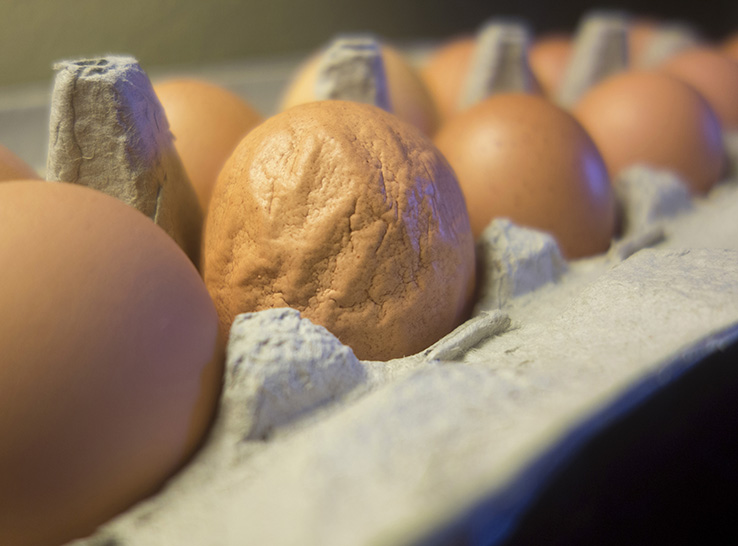
Egg-drop syndrome 1976 (EDS 76) was diagnosed in US broiler breeders — possibly the first incidence of its kind in the country.
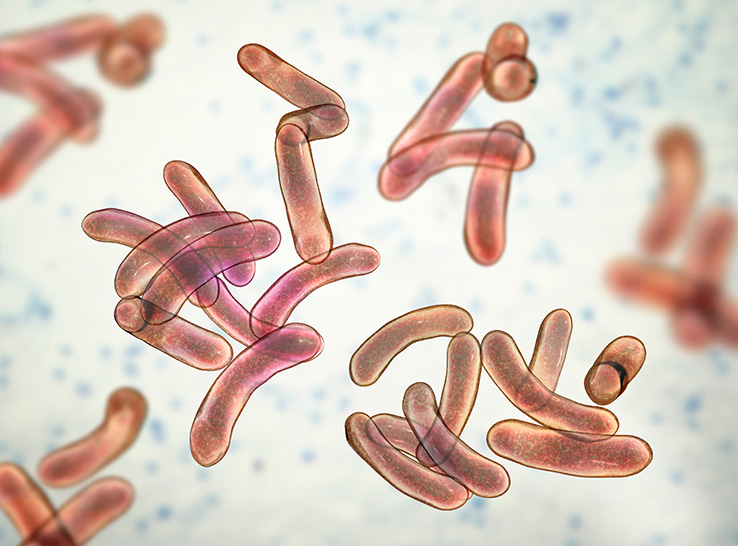
Developing a thorough vaccination strategy for fowl cholera — one that includes selecting the right vaccine strain for the field challenge that the birds are facing and proper vaccine administration — is critical when managing this bacterial disease.
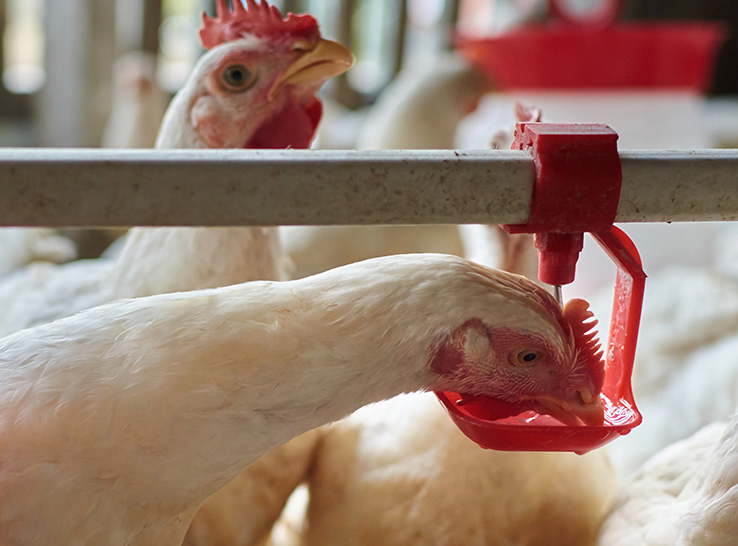
Selecting broilers for water-conversion ratio has no effect on other economically important traits, potentially paving the way for a route to greater sustainability in production.

Even with the best flock-management and vaccination protocols, fowl cholera can occasionally find a crack in the system. Chronic, low-grade cholera problems can materialize, or occasional breaks in breeder flocks can suddenly appear.
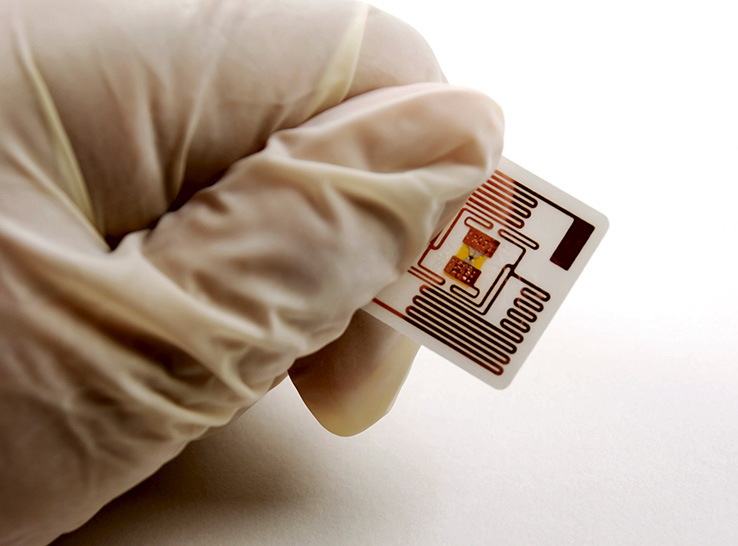
Smart ag technologies offer production and research benefits by providing real-time data on individual birds and at the flock level to optimize production, animal health and well-being, food safety and the environment.

Chongxiao (Sean) Chen, DVM, PhD, assistant professor/extension specialist with University of Georgia Department of Poultry Science, presented his research on blackhead disease in poultry during the 2023 IPPE.
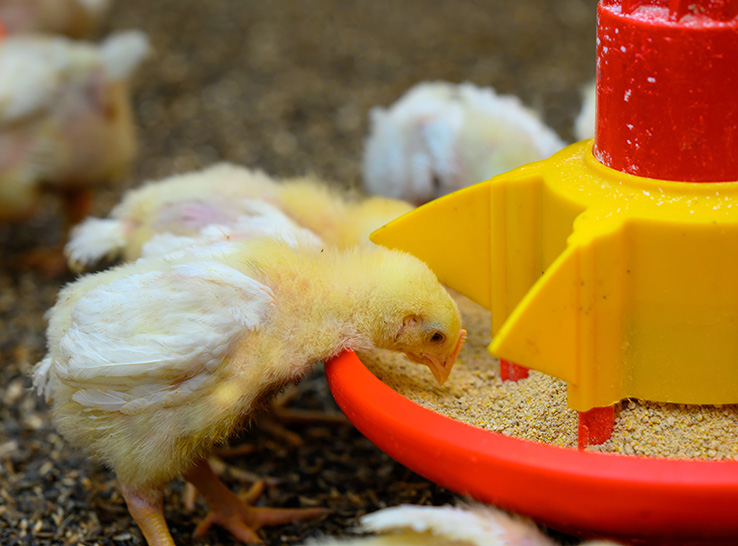
Every-day feeding programs have benefits for broiler-breeder pullets as they approach sexual maturity, according to University of Georgia research.
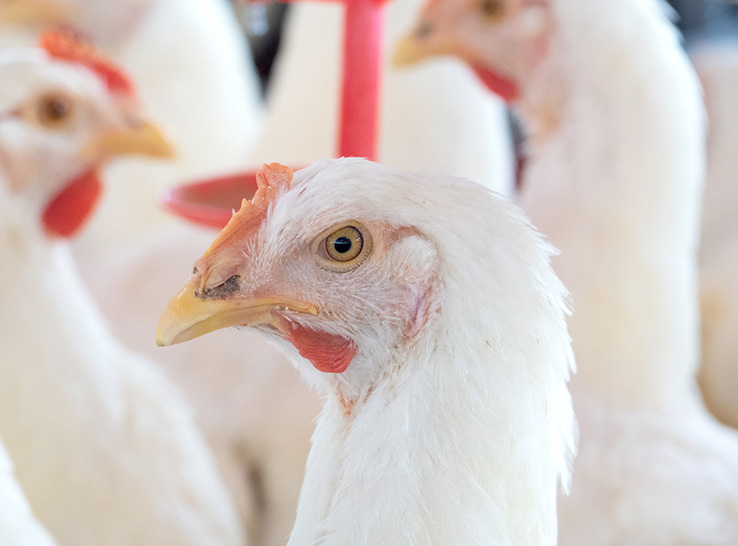
The incidence of Histomona meleagridis in chickens may be lower than turkeys, but its economic impact can be substantial when breeder pullets are infected.
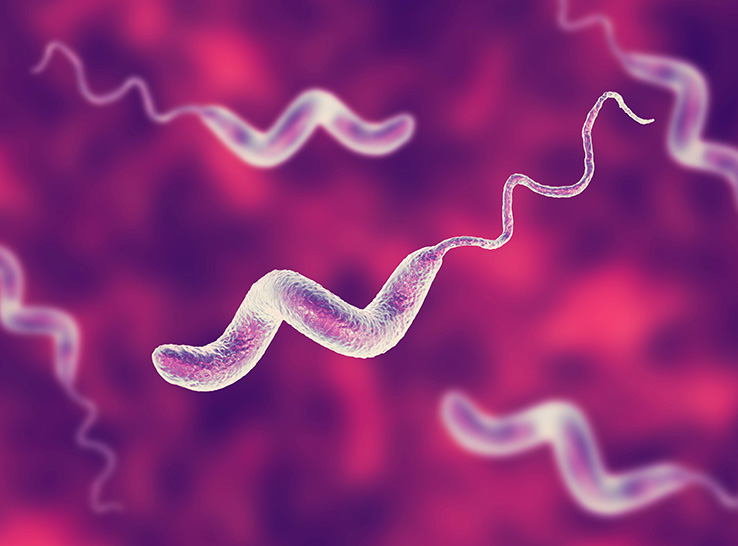
On-farm research reveals a tough road ahead for broiler farms trying to reduce levels of Campylobacter jejuni, the major cause of bacterial foodborne illness in humans in the US, according to the CDC.